National Poison Prevention Week
What is National Poison Prevention Week?
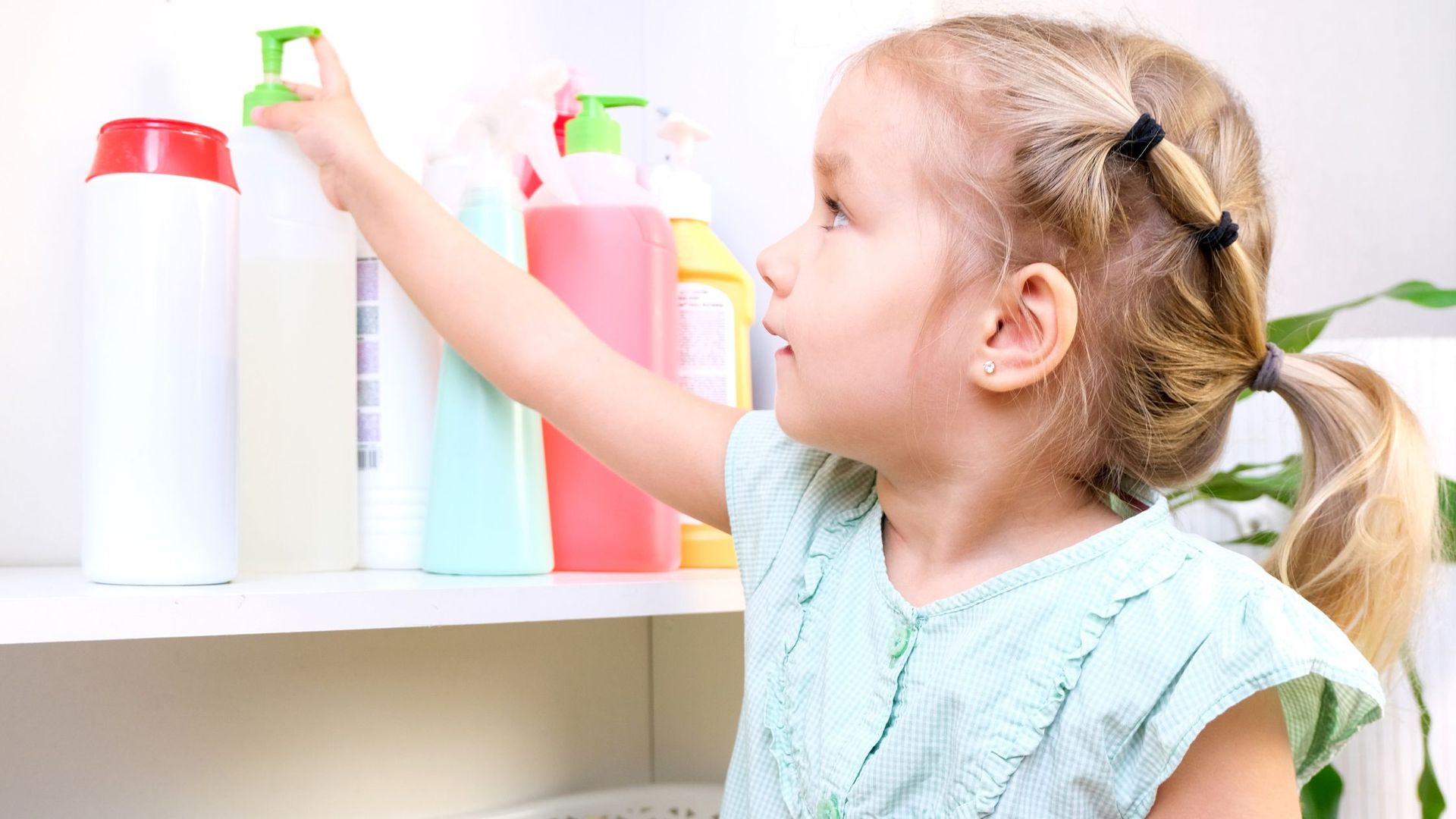
National Poison Prevention Week is an annual observance in the United States, designated to highlight the dangers of poisonings and how to prevent them, thereby enhancing the safety and well-being of individuals, especially children. This significant week falls on the third full week of March each year, serving as a crucial period for public health campaigns, educational programs, and community efforts focused on preventing accidental poisonings.
National Poison Prevention Week was created with the aim to address and mitigate the growing concerns over accidental poisonings across the United States. This annual observance was established following the passage of a resolution by the United States Congress in 1961, which recognized the urgent need to raise awareness and educate the public on the dangers of poisonings and the steps that could be taken to prevent them.
The creation of National Poison Prevention Week marked a pivotal moment in public health and safety efforts, reflecting a collective commitment to protecting individuals, especially vulnerable populations like children, from the harm caused by accidental poisonings. The initiative was a response to the alarming rates of injuries and fatalities resulting from the ingestion or exposure to poisonous substances, which by then had become a significant public health issue.
In the years leading up to its establishment, there was a growing recognition among lawmakers, health professionals, and the public that more needed to be done to address the issue of poisonings. This recognition was fueled by reports and statistics highlighting the extent of the problem, as well as by tragic stories of individuals and families affected by accidental poisonings. The resolution to establish National Poison Prevention Week was thus seen as a crucial step towards bringing national attention to the issue and mobilizing resources for education, prevention, and intervention efforts.
The primary goal of National Poison Prevention Week is to inform people of all ages about the risks associated with poisonous substances, which can range from household chemicals, medications, and plants, to carbon monoxide and lead. It emphasizes the importance of proper storage, handling, and disposal of potentially dangerous substances to minimize the risk of accidental poisonings.
During this week, communities across the country engage in various activities to spread awareness, such as distributing safety materials, organizing workshops and seminars, and conducting poison prevention and first-aid training. Schools, healthcare providers, and public health organizations play a vital role in these efforts, offering valuable resources and guidance to ensure that families and caregivers are equipped with the knowledge and tools needed to prevent poisonings. Various activities include:
- Educational Workshops and Seminars: Hosting events that educate the public about common household items that can be poisonous and how to store them safely can significantly reduce accidental poisonings.
- Social Media Campaigns: Leveraging social media platforms to share important poison prevention tips, emergency contact numbers, and educational materials. These campaigns can reach a wide audience quickly and effectively.
- School Programs: Implementing programs in schools that teach children about the dangers of certain substances and what to do if they come into contact with a poison. Interactive sessions, coloring books, and educational games can make the learning process engaging for young students.
- Community Health Fairs: Setting up booths at local health fairs to distribute educational materials, such as brochures, magnets, and stickers that contain poison prevention tips and emergency contact numbers.
- Pharmacy Initiatives: Collaborating with pharmacies to distribute poison control information alongside medications that could be hazardous if misused. Pharmacists can also offer counsel on safe medication practices.
- Public Service Announcements (PSAs): Creating and airing PSAs on television, radio, and online platforms to raise awareness about poison prevention. These can include testimonials, dramatizations, and practical advice.
- Training for Healthcare Professionals: Offering specialized training for doctors, nurses, and first responders on recognizing and treating poisonings can improve outcomes and save lives.
Key messages promoted during National Poison Prevention Week include the importance of keeping medicines and hazardous substances out of reach of children, the necessity of using child-proof locks on cabinets containing dangerous items, the need to follow label instructions carefully when using chemicals or medications, and the urgency of calling the national Poison Help Line (1-800-222-1222) in the event of a suspected poisoning incident. This toll-free number provides access to local poison control centers where experts offer immediate help and advice 24 hours a day, seven days a week.
The establishment of National Poison Prevention Week represents an ongoing commitment to enhancing the safety and well-being of communities across the United States by informing and empowering individuals to take proactive steps in preventing poisonings. Through continued education, advocacy, and community engagement, the week plays a vital role in reducing the incidence of accidental poisonings and saving lives.
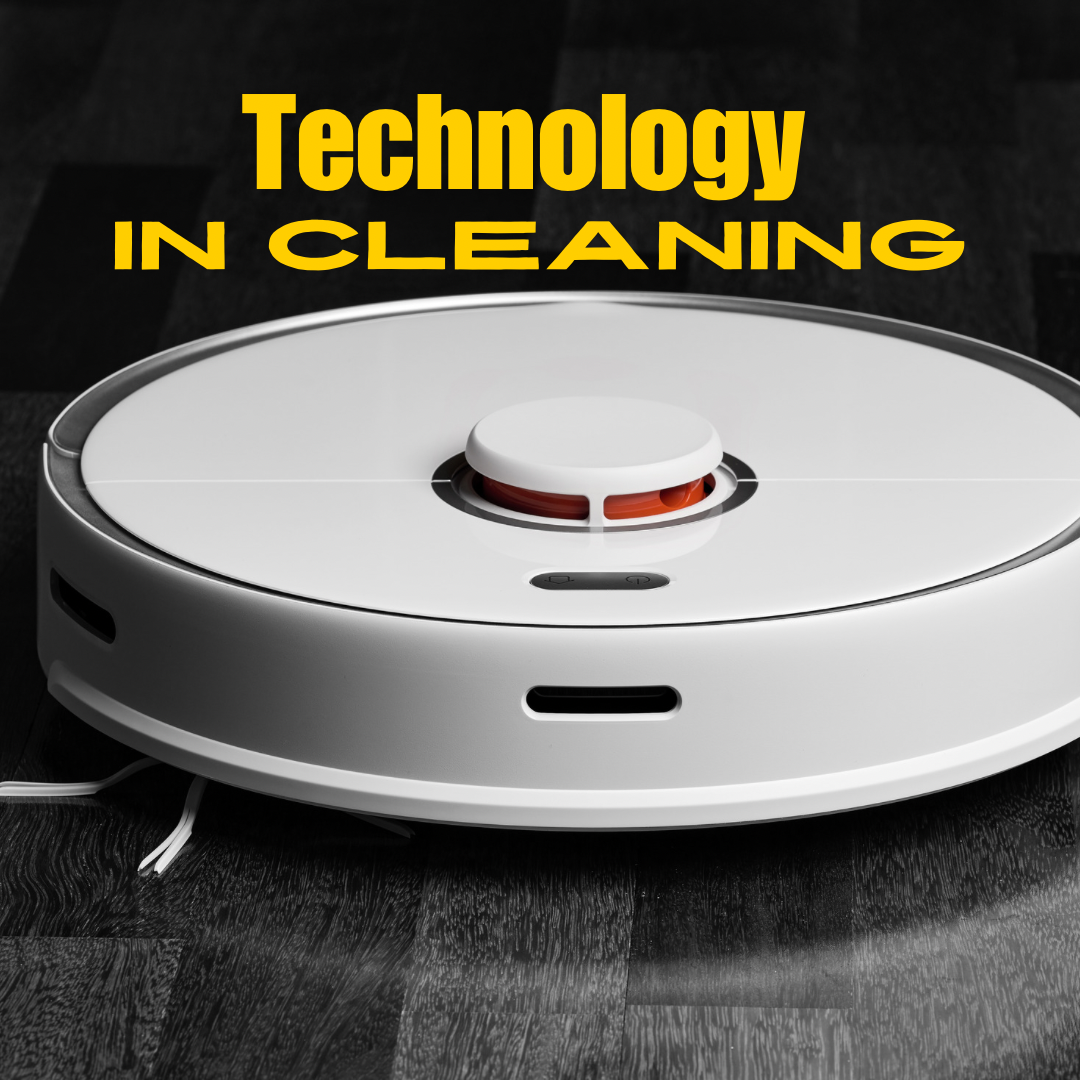

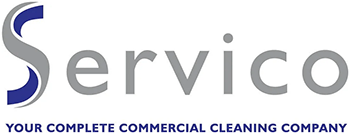
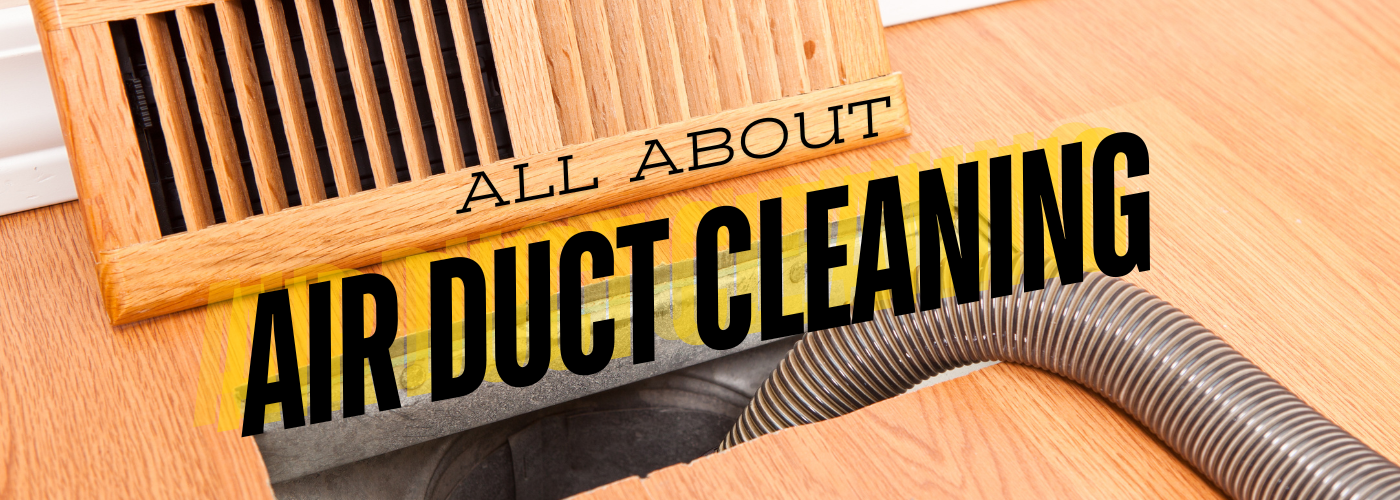

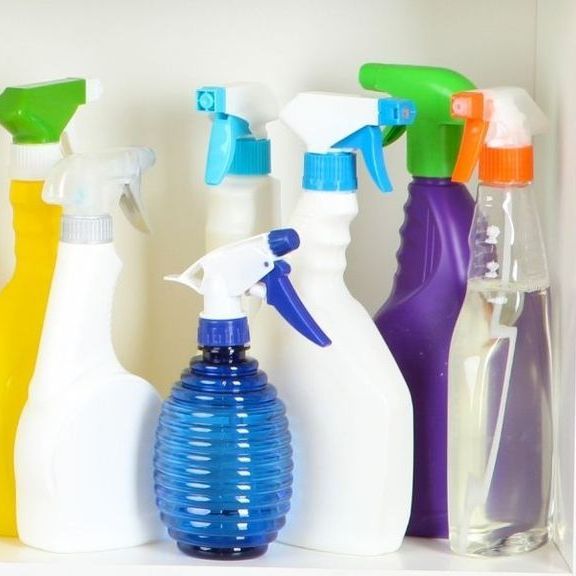
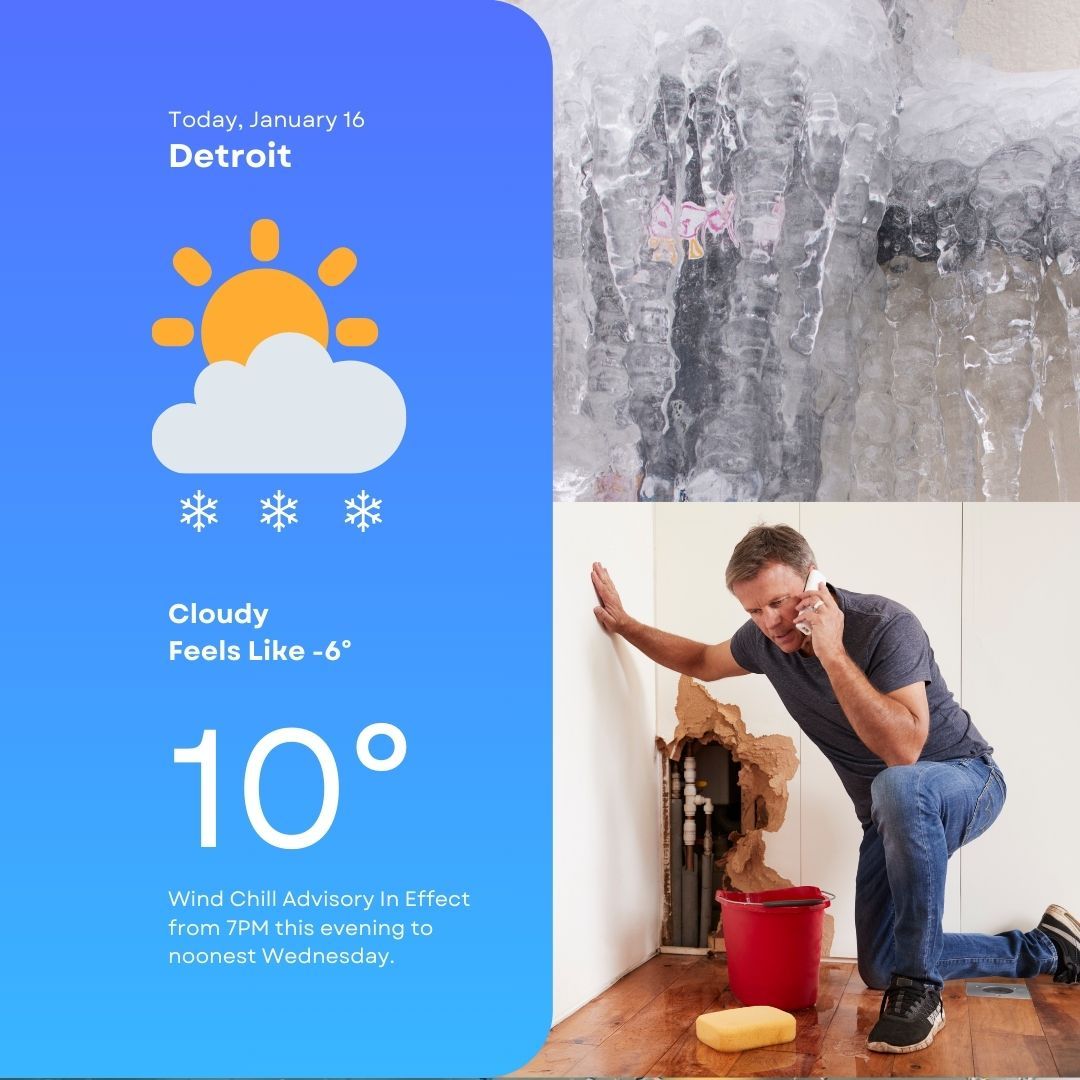


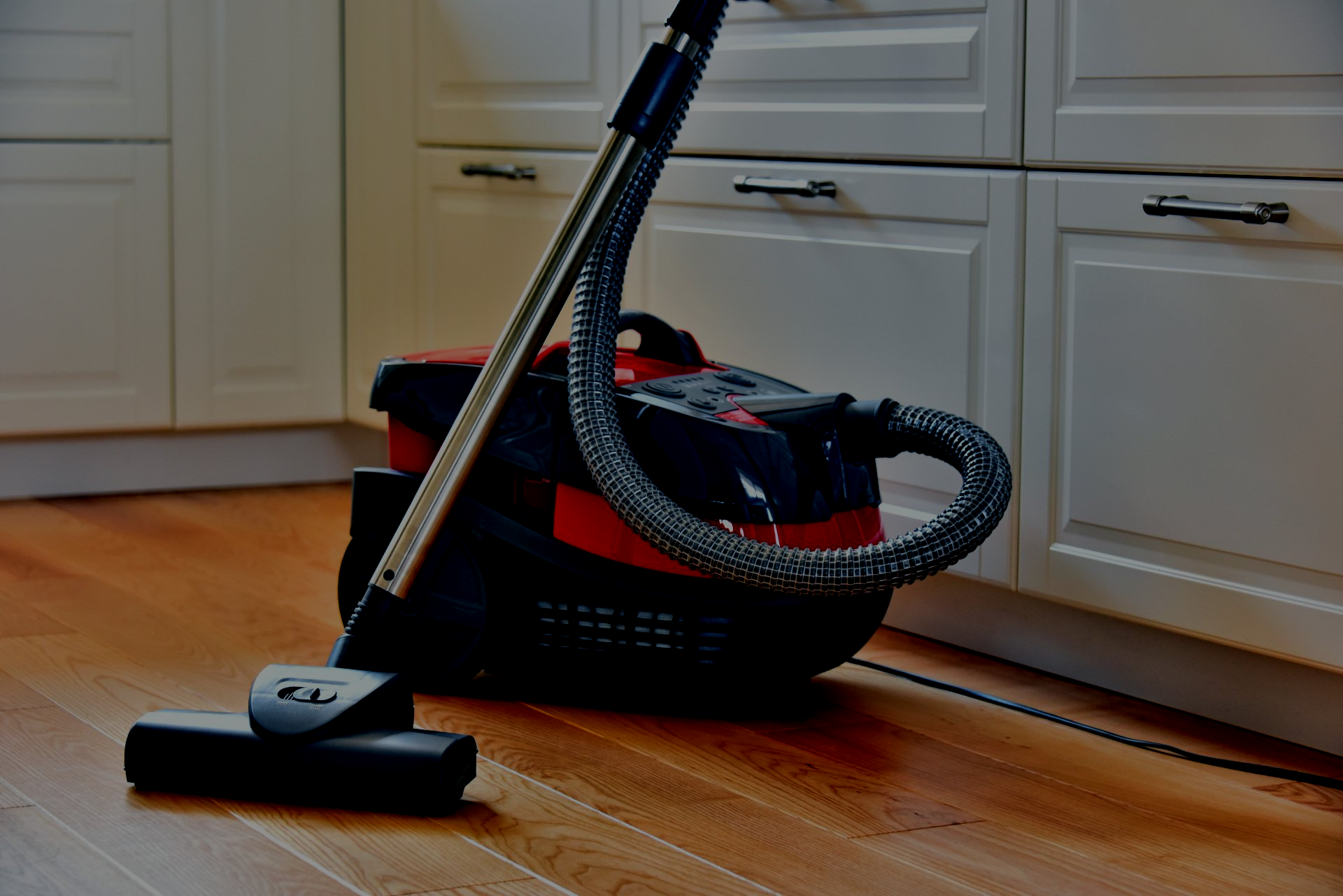
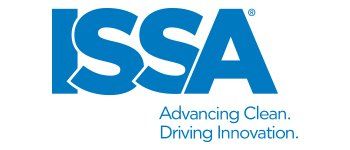

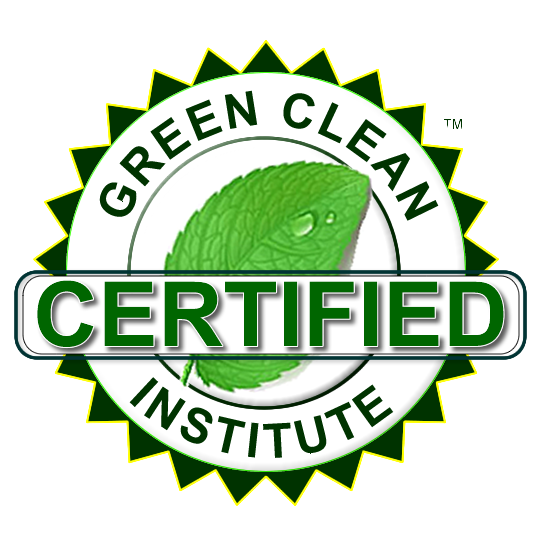

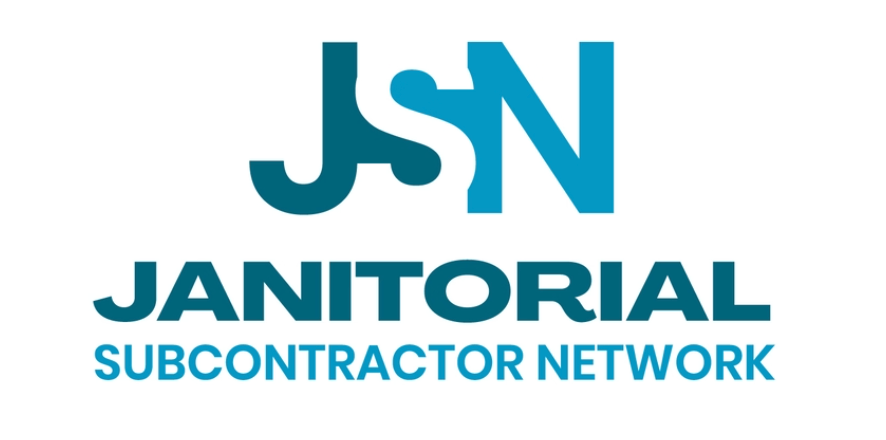
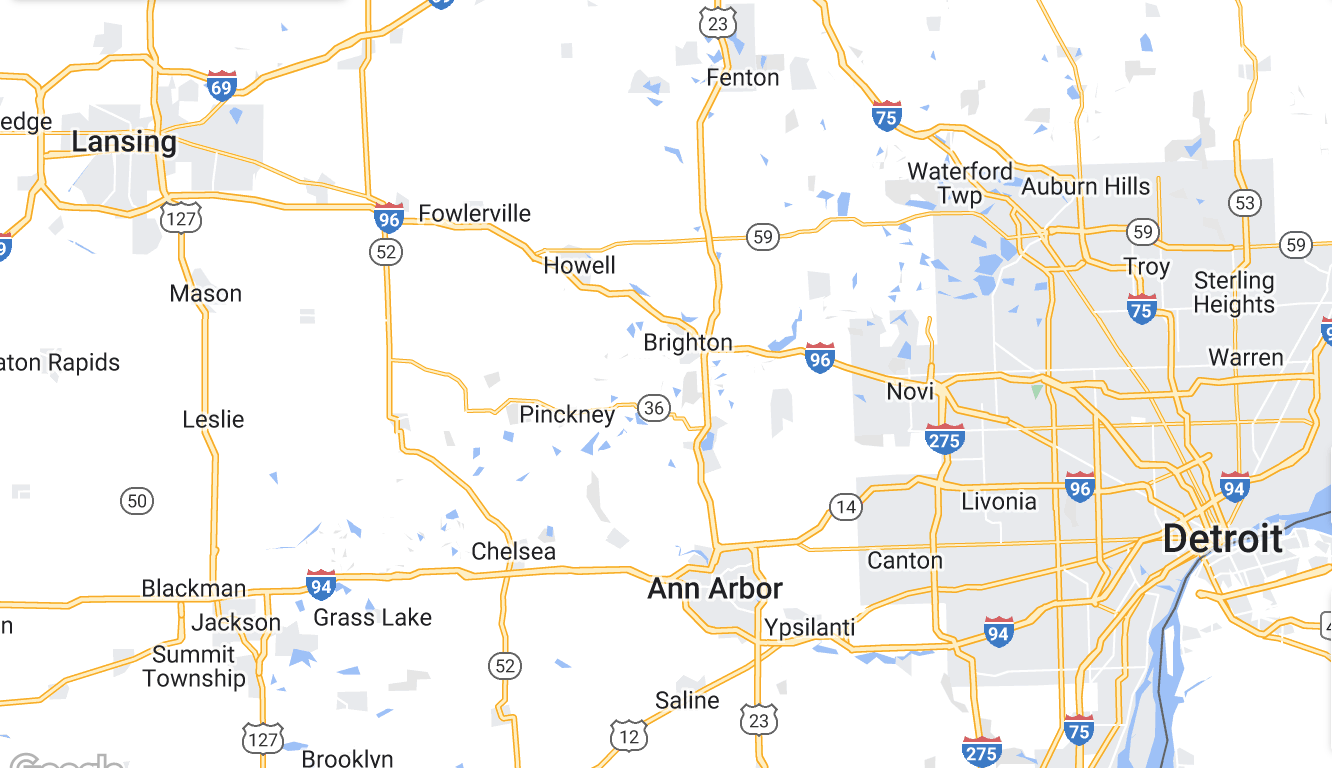
Share On: